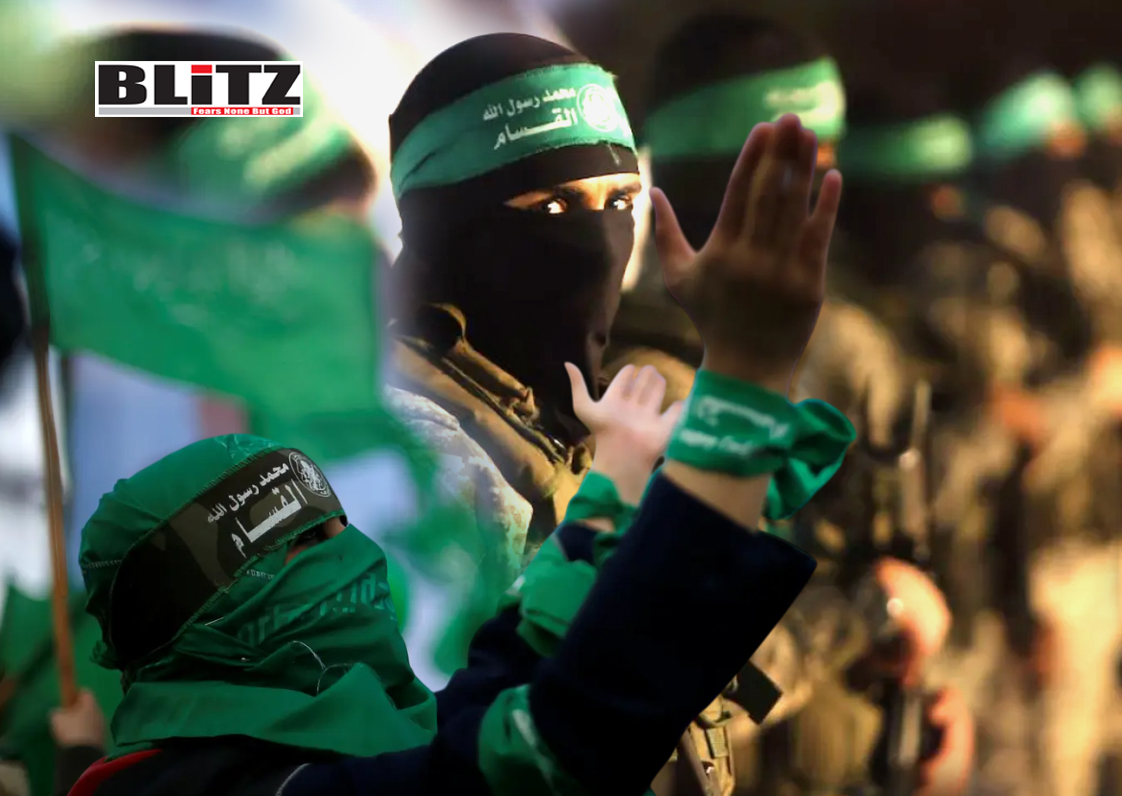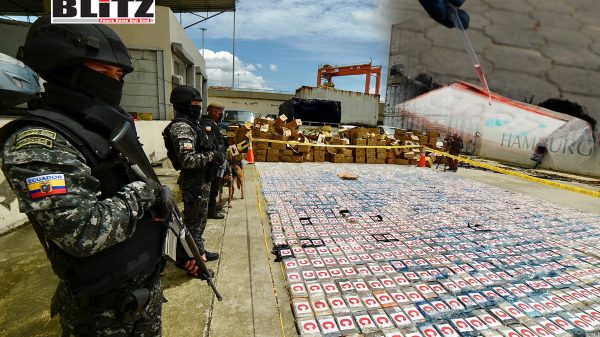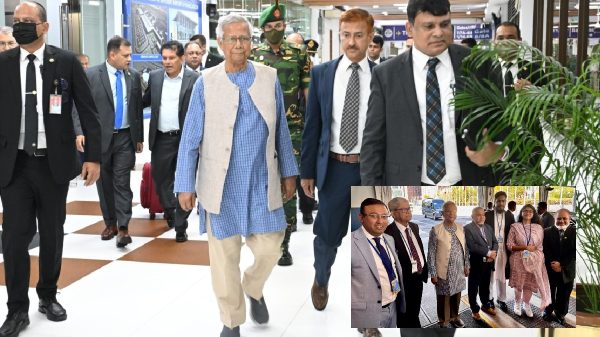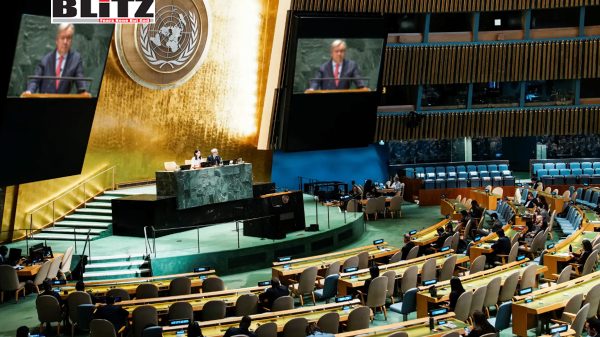Bangladesh needs a more structured, more serious approach to preventative fire safety
- Update Time : Sunday, September 28, 2025

It’s deeply concerning that Bangladesh continues to show a lack of urgency when it comes to implementing basic fire safety measures. The country remains far behind global standards, where essential fire safety precautions are standard practice in many other nations.
Most fires are preventable or can be quickly contained with the right fire-prevention measures in place. However, in Bangladesh, it often feels like life is given less priority than the additional costs of implementing these safety measures — at least, that’s how it seems from the outside.
I’ve been in countless office and high-rise apartment buildings in Dhaka where there isn’t a single fire extinguisher, water hose, or even a smoke detector — basic, inexpensive safety items that should be standard — on any floor. Not even a bucket of sand.
Many Bangladeshis seem either disillusioned, complacent or ignorantly believ that fire disasters only happen to others, somewhere else. The idea of purchasing a fire extinguisher for the safety of their home and loved ones doesn’t even seem to cross their minds. This mindset needs to change.
The most essential fire-safety devices every home and office should have are smoke detectors. They are inexpensive, quick to install, and easy to use. In fact, even a teenager can mount them on the ceiling or simply place them at an elevated spot near potential fire hazards.
I’ve also come across buildings with such narrow access passages that not even a firefighter on a bicycle could get through — let alone a fire engine.
Fire prevention is a shared responsibility and must be taken seriously. I believe the Fire Department could take inspiration from the Bangladesh Army: become more community-focused, commercialize certain services, and supply affordable smoke detectors, fire extinguishers, fire retardant blankets etc.
This would not only benefit the public and strengthen national fire safety but could also generate revenue to provide well-deserved Eid bonuses for firefighters and their families.
Regrettably, firefighters — like policemen—face heartbreak and tragedy all too often. Shamim Ahmed (40), a devoted husband and father of three, gave his life in the line of duty after being injured in a devastating explosion at a chemical tin-shed warehouse in the Sahara Market, Tongi.
The following day, his colleague Nurul Huda (also 40) succumbed to the horrific burns he had suffered at the same fire. Imagine, for just a moment, the horrific pain they went trough
Much debate now surrounds whether one of the factory owners misled fire authorities by claiming there were no hazardous substances on the premises. Whether it was a lie, a misunderstanding, or a simple mistake makes little difference to the men who died. Besides, firefighters should never have to rely on word of mouth for life-saving information.
No firefighter should enter a burning building without knowing what dangers lie ahead. Proper preparation can mean the difference between life and death. This tragedy in Tongi might have been avoided if Bangladesh had followed the example set in Australia.
In Australia, factories are required to display clear hazard signs on gates, walls, and entrances, identifying the types of dangerous materials stored inside. Local fire stations also keep detailed records of these substances and their locations on the premises.
While one firefighting team rushes to the scene, colleagues at the station study the factory layout and relay, via radio, where the hazardous materials are kept. This allows firefighters to prioritize danger zones and greatly reduces the risk of disaster, injuries, and deaths.
Families of policemen already live with the daily fear of not knowing if their loved ones will return home. Firefighters, however, should not face such uncertainty — especially when knowledge and preparation could reduce their risks or eliminate them entirely.
As the saying goes, forewarned is forearmed. Firefighting should never resemble a game of Russian Roulette.
The tragic deaths of Shamim Ahmed and Nurul Huda — and the suffering of their colleagues who now bear lifelong physical and mental scars — must serve as a wake-up call. Bangladesh urgently needs a more serious, structured, and preventative approach to fire safety.















